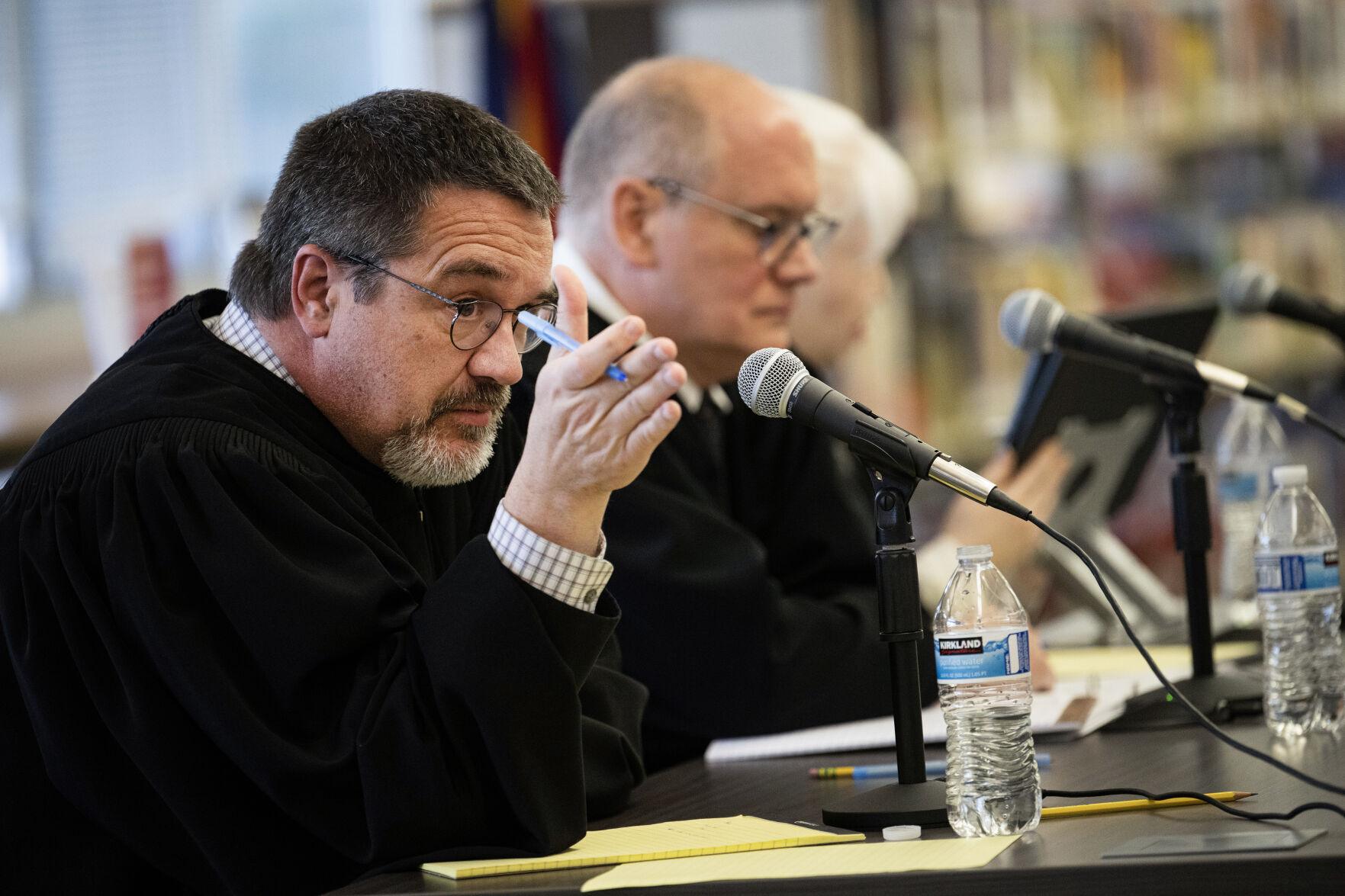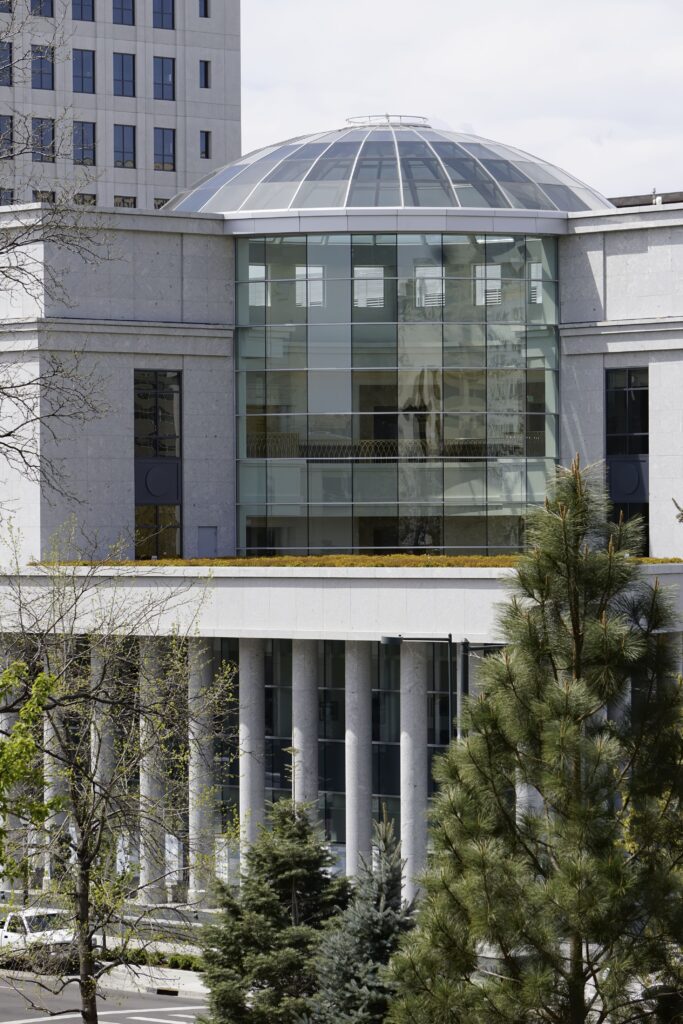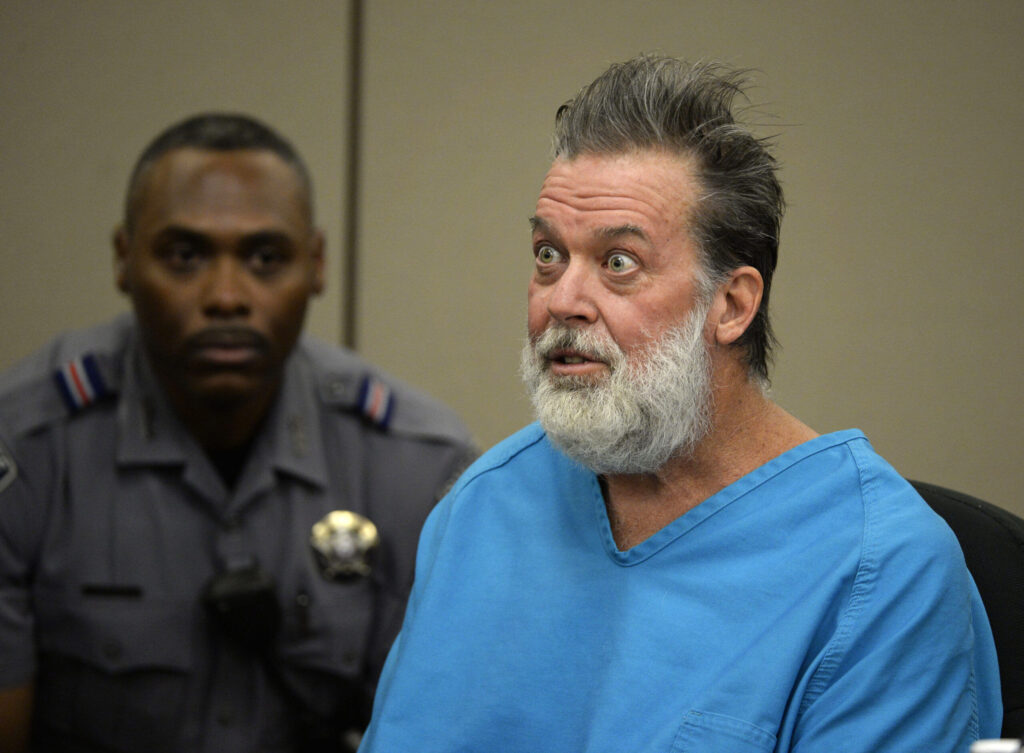Appeals court rejects Colorado government’s attempt to narrow restitution ruling

Two years after Colorado’s Supreme Court announced that trial judges were generally not complying with the law when ordering defendants to pay restitution to their crime victims, the state’s second-highest court rebuffed the government’s attempt to walk back the new protocol.
On Thursday, a three-judge panel of the Court of Appeals overturned the $15,858 a Mesa County judge ordered Tommy Rae Mickey to pay as part of his conviction for burglary. District Court Judge Gretchen B. Larson had 91 days from sentencing to either impose restitution or find “good cause” to extend that deadline. She did neither, issuing her order more than 250 days after sentencing.
The Colorado Attorney General’s Office argued the Court of Appeals only needed to overturn the restitution order if the tardiness harmed Mickey. Because Mickey received extra time to contest the dollar figure before Larson’s order, the mistake was harmless, the state contended.
“The error here was not merely a delay,” countered Judge Ted C. Tow III in the panel’s Nov. 9 opinion. Rather, the non-compliant restitution order itself was the problem.
“We simply cannot see how such an order – entered without authority – can be said to have not affected Mickey’s substantial rights,” he added.
Case: People v. Mickey
Decided: November 9, 2023
Jurisdiction: Mesa County
Ruling: 3-0
Judges: Ted C. Tow III (author)
Karl L. Schock
Dennis A. Graham
Background: State Supreme Court warns trial courts against exceeding restitution deadline
In Colorado, when a convicted defendant is required to pay financial restitution, prosecutors typically must provide the requested amount as soon as possible or within 91 days of sentencing. Similarly, judges generally must impose the restitution amount within 91 days of sentencing. If a judge needs to extend either deadline, they must find good cause exists.
The state’s appellate court has repeatedly found fault with judges’ restitution orders since the Colorado Supreme Court ruled in late 2021 that the typical process of awarding compensation to crime victims in practice did not comply with state law.
In People v. Weeks, which the Supreme Court decided in November 2021, the justices noted a lackadaisical approach had developed in the trial courts that failed to adhere to the clear deadlines and procedural requirements.
“(B)ased on the plain and ordinary meaning of the words and phrases,” Justice Carlos A. Samour Jr. clarified in the court’s opinion, “any finding of good cause must be made expressly and before the court’s deadline expires.”
In Mickey’s case, the prosecution filed its restitution request within 91 days of sentencing, but Mickey disputed the amount and requested a hearing. Larson began the proceedings four months later and issued her restitution order four months after that. She did not find there was good cause to exceed the 91-day deadline.
Although the Supreme Court had not yet decided Weeks at the time Larson ordered nearly $16,000 in restitution, Mickey argued on appeal that the court’s clarification meant the restitution order was not compliant with the law and should be voided. The prosecution countered that Mickey was able to dispute the dollar figure at the hearing and ultimately was responsible for paying a lower amount than originally requested.
“Each delay inured to his benefit. And he has never suggested otherwise,” wrote Assistant Attorney General Frank R. Lawson.
The Court of Appeals panel disagreed that Mickey ultimately benefitted from having to pay nearly $16,000, noting a restitution order a trial judge issues without authority always hurts a defendant. It vacated the entire amount owed.
The case is People v. Mickey.













